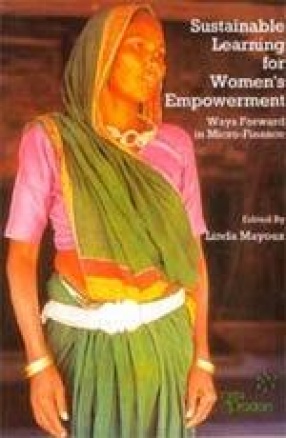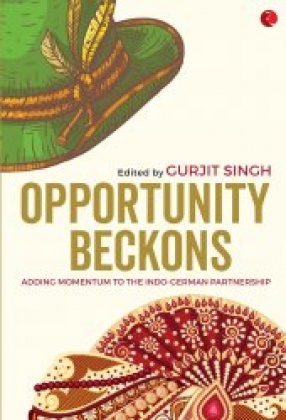Sustainable Learning for Women's Empowerment
Synopsis
Micro-finance programmes targeting women become a major plank of donor poverty alleviation strategies in the 1990s and funding is set to further increase in this century under initiatives by CGAP and member donor agencies. Literature prepared for the Micro-credit Summit in Washington in February 1997 and many donor statements on credit and NGO funding proposals present an extremely attractive vision of increasing numbers of expanding, financially self-sustainable micro-finance programmes reaching large numbers of women borrowers. Through their contributions to women’s ability to earn, these programmes are assumed to initiate a series of ‘virtuous spirals’ of economic empowerment, increased well-being for women and their families and wider social and political empowerment. However parallel to, but to a large extent marginalised by, the enthusiasm of donors and many MFIs and NGOs some researchers and practitioners have questioned the degree to which micro-finance services in themselves benefit women. There are now beginning signs of a change in thinking. Donors are beginning to be more skeptical of the achievements and potential of micro-finance on its own and more interested in self-managed programmes. There is rapid innovation at programme level and an increasing focus on participation. These trends are combined with a growing recognition of the need to address macro-level constraints. The solutions proposed have been varied and are far from presenting a coherent strategy for poverty elimination and empowerment. Nevertheless there are now spaces for introducing policy changes which may increase the contribution of micro-finance to both these development aims. As essential component of these policy changes must be systems and structures for learning involving women themselves, programmes and donors. This must go beyond the current enthusiasm for impact assessment, even participatory impact assessment. It must be based on the priorities and needs of women, linking these into programme level learning and to donor policy formation. This book brings together papers by practitioners and academics involved in innovation in impact assessment and grassroots learning methodologies. It proposes a framework for sustainable learning which will in itself be empowering, and discusses the continuing challenges which will inevitably have to be faced.
Read more
18.90
17.01
$
21.00 $
Free delivery Wolrdwidе in 10-18 days
Ships in 1-2 days from New Delhi
Membership for 1 Year $35.00
Get it now and save 10%
Get it now and save 10%
BECOME A MEMBER







Bibliographic information